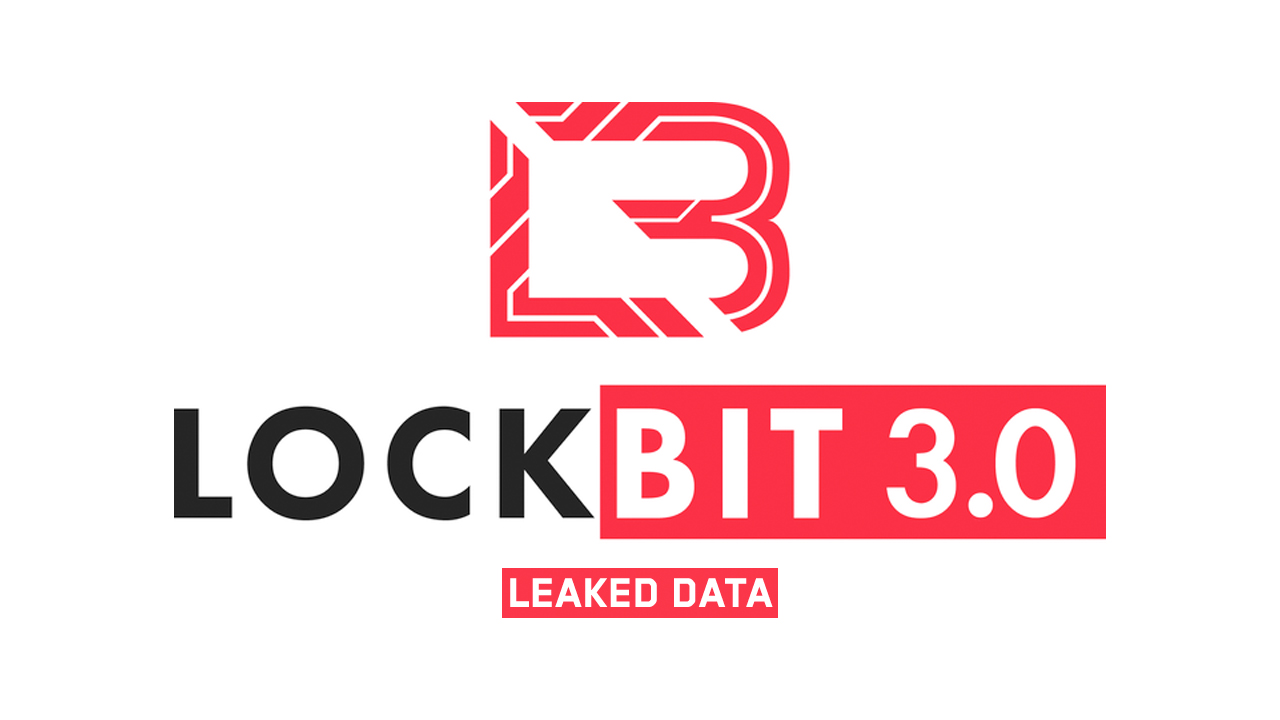Ukrainian Ministry of Defence hit by DDoS attack
Ukraine’s largest commercial bank and State Savings Bank were also hit by cyber attacks


The Ukrainian Ministry of Defence has been hit by a distributed denial of service (DDoS) attack, knocking its website offline.
On Tuesday afternoon, the Ministry of Defence stated on Twitter that its official website had recorded “an excessive number of requests per second”, leading it to believe that it was “probably” targeted by a DDoS attack.
The site couldn’t be accessed for most of the afternoon, displaying a message stating that it was undergoing maintenance. On Wednesday, the issue seemed to have been resolved.
News of the attack was confirmed by Ukraine’s Centre for Strategic Communications and Information Security, which was founded by the Ministry of Culture and Information Policy of Ukraine with the purpose of tackling misinformation.
Ukraine’s largest commercial bank, PrivatBank, as well as the State Savings Bank of Ukraine, Oschadbank, were also reportedly hit by cyber attacks, with customers unable to log into their accounts. The issue was resolved at around 7pm local time, according to the Centre.
The Centre stated that it wasn’t ruling out “that the aggressor used tactics of little dirty tricks because its aggressive plans are not working out on a large scale”.
Although the perpetrators weren’t officially named, the attacks come amid strained relations with Russia, which in January sent an estimated 150,000 troops to its border with Ukraine. It also comes after Ukraine’s foreign and education ministries, as well as its embassies in the UK, US, and Sweden, fell victim to a "massive" cyber attack in January.
Get the ITPro daily newsletter
Sign up today and you will receive a free copy of our Future Focus 2025 report - the leading guidance on AI, cybersecurity and other IT challenges as per 700+ senior executives
The country had suffered a number of destabilising cyber attacks in the last eight years, with power supplies, shops, and IT systems for the country's banks all being targeted. Although responsibility for the attacks has been attributed to Russia’s "hybrid war" strategy, Putin’s government has denied any involvement.
However, Emsisoft threat analyst Brett Callow told IT Pro that the responsibility and motivation behind Tuesday's attacks are currently unclear:
"DDoS attacks are low-skill, easy to execute, and designed to harass. It would be easy to assume Russia was responsible – and it may well have been – but it could just as easily have been some pro-Russia Ukrainian high school kids or….well, anybody else with an agenda," he said.
January’s cyber attacks on Ukraine’s government websites prompted the National Cyber Security Centre (NCSC) to urge larger UK organisations to “bolster their cyber security resilience”.
RELATED RESOURCE

The best defence against ransomware
How ransomware is evolving and how to defend against it
“While we are unaware of any specific cyber threats to UK organisations in relation to events in Ukraine, we are monitoring the situation closely and it is vital that organisations follow the guidance to ensure they are resilient,” said NCSC director of Operations Paul Chichester.
Commenting on the NCSC’s guidance, Bitdefender director of Global MDR Security Operations, Daniel O’Neill, said that the current situation is very different from “the Cold War image of men on park benches, sat in raincoats and hats and hiding behind newspapers”.
“Now it's a new type of espionage behind laptops, that is not only cheaper but arguably easier to achieve given the power we have at our fingertips,” he told IT Pro.
Having only graduated from City University in 2019, Sabina has already demonstrated her abilities as a keen writer and effective journalist. Currently a content writer for Drapers, Sabina spent a number of years writing for ITPro, specialising in networking and telecommunications, as well as charting the efforts of technology companies to improve their inclusion and diversity strategies, a topic close to her heart.
Sabina has also held a number of editorial roles at Harper's Bazaar, Cube Collective, and HighClouds.
-
 UK crime fighters wrangle “several thousand” potential cyber criminals in DDoS-for-hire honeypot
UK crime fighters wrangle “several thousand” potential cyber criminals in DDoS-for-hire honeypotNews The sting follows a recent crackdown on DDoS-for-hire services globally
By Ross Kelly
-
 US begins seizure of 48 DDoS-for-hire services following global investigation
US begins seizure of 48 DDoS-for-hire services following global investigationNews Six people have been arrested who allegedly oversaw computer attacks launched using booters
By Zach Marzouk
-
 Will triple extortion ransomware truly take off?
Will triple extortion ransomware truly take off?In-depth Operators are now launching attacks with three extortion layers, but there are limitations to this model
By Connor Jones
-
 GoDaddy web hosting review
GoDaddy web hosting reviewReviews GoDaddy web hosting is backed by competitive prices and a beginner-friendly dashboard, and while popular, beware of hidden prices
By Daniel Blechynden
-
 Japan investigates potential Russian Killnet cyber attacks
Japan investigates potential Russian Killnet cyber attacksNews The hacker group has said it’s revolting against the country’s militarism and that it’s “kicking the samurai”
By Zach Marzouk
-
 LockBit hacking group to be 'more aggressive' after falling victim to large-scale DDoS attack
LockBit hacking group to be 'more aggressive' after falling victim to large-scale DDoS attackNews The ransomware group is currently embroiled in a battle after it leaked data belonging to cyber security company Entrust
By Connor Jones
-
 Record for the largest ever HTTPS DDoS attack smashed once again
Record for the largest ever HTTPS DDoS attack smashed once againNews The DDoS attack lasted 69 minutes and surpassed the previous record of 26 million RPS
By Praharsha Anand
-
 Cloudflare unveils new One Partner Program with zero trust at its core
Cloudflare unveils new One Partner Program with zero trust at its coreNews Cloudflare CEO Matthew Prince says the initiative aims to take the complexity out of zero trust architecture
By Daniel Todd

